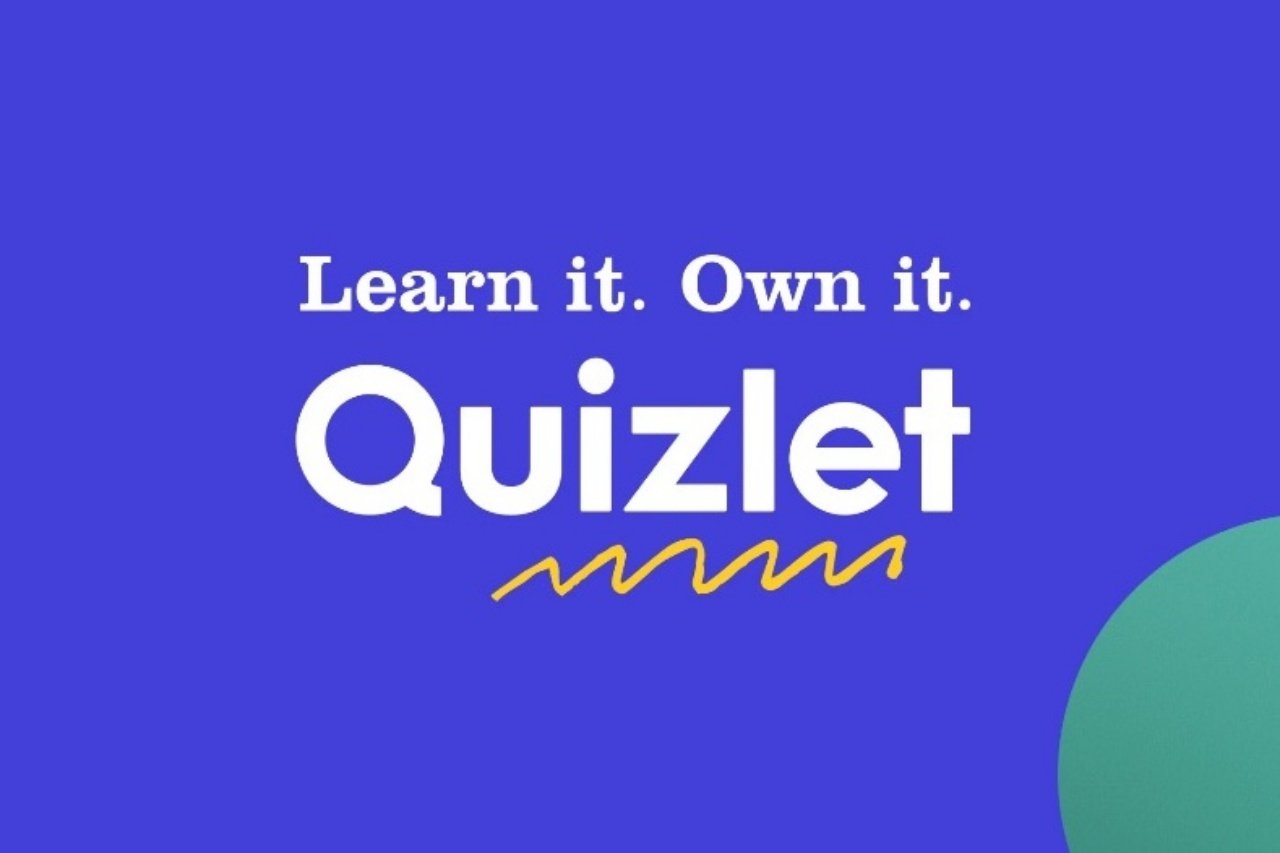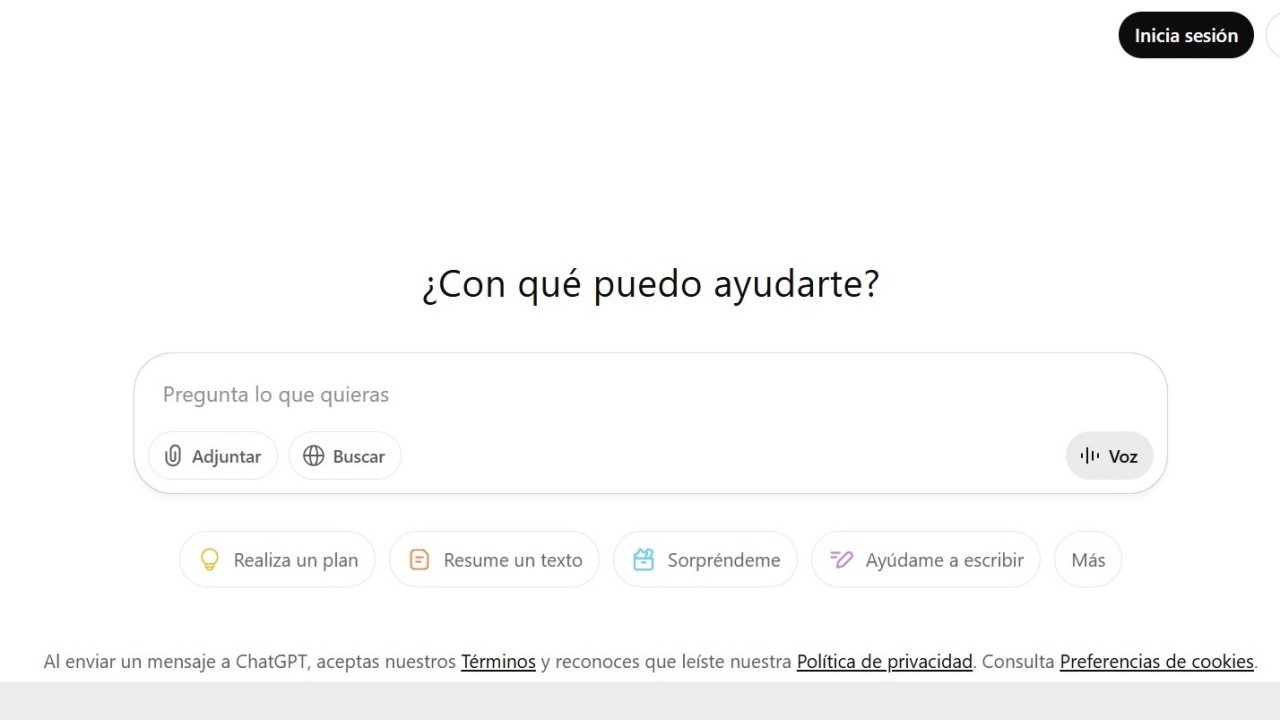How important is learning vocabulary when we´re learning a language? If we consider that a language is made up of words, it´s obvious that the answer is: extremely important! However, it is common to see that some teaching courses or lessons are mostly based on practicing grammar, rather than vocabulary. To memorize meaning of words is key to developing fluency, especially at the initial stages of the learning process, that stage in which our brain still thinks in our native language.
Fortunately, learning vocabulary and memorizing word meanings is not just a gift; it is a skill that anyone can develop with the right techniques. In this article, we will explore three techniques that I myself have put into practice in my own learning journey and as a teacher. If you have internet, curiosity, and a bit of time, you are ready to memorize the meaning of new words and start using new vocabulary naturally!
But first, why is memorization important?

We´ve seen how traditional teaching methods might devoid the language from its communicative nature, and we are definitely not going that way in this article! However, without the ability to remember word meanings, it becomes challenging to engage in different conversations in practical scenarios. For students, professionals, and lifelong learners alike, effective memorization techniques can significantly enhance their command of a language and, as we are referring to language learning, even personal connections.
There are two relevant and interconnected ways in which you can know a word: at the receptive level or at the productive level. In the former, you can recognize a word when you hear it and elicit a response (verbal or non-verbal). In the latter, you are able to produce the word when you need to without any verbal or visual prompt. Both levels are interconnected and knowing a word being able to both retrieve it and produce it naturally.
Has it ever happened to you that you understand a discourse but cannot elicit a response? Or that you read a text, understand it but when you want to talk about it you cannot? Well, that is probably because you know words at a receptive level, and not yet at a productive one. With these three techniques that I´ll be sharing with you, you´ll be able to recognize and also use new words. Let´s start!
Using Flashcards: Quizlet

Flashcards have long been a popular tool for memorization, and digital platforms like Quizlet have revolutionized their use. Quizlet offers a user-friendly interface that allows learners to create custom flashcards, access pre-made sets and engage with interactive learning modes. This versatility makes Quizlet an invaluable resource to memorize meaning of words, vocabulary, and other essential information. By incorporating flashcards into your study routine, you will be able to see how words move from your short term to your long-term memory as you review the same sets on different days.
Quizlet’s various study modes, such as “Learn” and “Test,” provide structured and fun opportunities for active recall, if you activate the option: follow process, you´ll be able to review the difficult terms repeatedly until you recall them.
What I find particularly useful is the option to create flashcards by importing a text file. This allows you to copy and paste words from a list and create review flashcards very easily. I have made this video specifically to help you incorporate Quizlet in you learning routine!
Moreover, Quizlet’s collaborative features enable learners to share flashcard sets with peers, fostering a sense of community and collective learning. If you are a teacher, you can share sets with your students or use them in class, you can even use them in a competition for a more gamification- led approach. This collaborative side could provide additional motivation and support, making the memorization process more enjoyable and less isolating.
Using ChatGPT

I know, controversial, but hear me out! ChatGPT can be beneficial if you use it conscientiously and with the right objectives in mind. Let´s bear in mind that we want to memorize the meaning of words to be able to enhance our vocabulary and put new words into use. In this aspect, ChatGPT or other generative language model could help us with the context around which we use a new word.
For example: You can create a text with the target language and ask the chat to correct if you used them correctly or naturally. Additionally, if you are not sure of when the words could be used, in which country it´s used, its register, etc. You can prompt the chat to provide an explanation or examples. You can even request links from its sources and fact check its answers.
This contextual learning approach not only enhances memorization but also prepares learners for applying their knowledge in real-life scenarios, whether in academic, professional, or everyday settings.
In summary, I´m definitely not suggesting basing your practice on interacting with a non-living being -in fact, don´t do that, because language is a tool for communication and connection– but bear in mind its potential usefulness. I think that being able to receive instant feedback on the use of new words can aid in retention and comprehension. One more key aspect is that, if you are a perfectionist, you might feel freer to use new words or word families without the pressure of making mistakes.
Topic-based conversations

I stated before that language is a tool for communication and connection, and that is what I passionately believe in and why I´m a teacher of languages. So, if you want to be able to talk about a variety of topics in a variety of contexts, you need to do precisely that. Engaging in topic-based conversational practice will allow you to learn words in context and to be forced to use them when you talk about these topics.
Conversation practice can be adapted to suit different learning styles and preferences. Learners can choose topics that interest them, making the process more relevant and engaging. They can also vary the format of the conversations, such as through debates, role-plays, or informal chats, to keep the practice dynamic and stimulating. By personalizing the conversation practice to their needs, learners can optimize their memorization efforts and achieve better results.
But how could you do that? You can join a conversation club about books, movies or news, you can take conversation lessons with a teacher that is trained to select material for your goals and level, you can find a language partner and agree to talk about different topics each session, maybe based on a news article (see more about language partners in this post) A good idea is to have a list of the vocabulary you want to use for each session and force yourself to use them. In that way, you will memorize its meaning. Remember! If you don´t use them, you lose them!
Conclusion: Use, review, reuse

Mastering techniques to memorize the meaning of words is a skill that can significantly enhance learning and personal development. By employing proven techniques such as using flashcards, engaging with ChatGPT, and practicing conversations by topics, you can memorize definitions in an entertaining and effective way. These methods not only improve memory retention but also make the learning process more enjoyable and engaging.
The importance of memorization in learning cannot be overlooked and with the right resources, anyone can develop the ability to memorize information efficiently and unlock their full learning potential. It is important to remember that memorization is not just about repetition learning. It is about creating meaningful connections between new information and existing knowledge, fostering a deeper understanding and long-term retention at the receptive and productive level. By embracing the techniques discussed in this article you can learn new vocabulary and, therefore, talk about different topics, sound more natural, respond correctly in various situations, and do much more to become a more proficient speaker of the language you chose to learn.








0 Comments